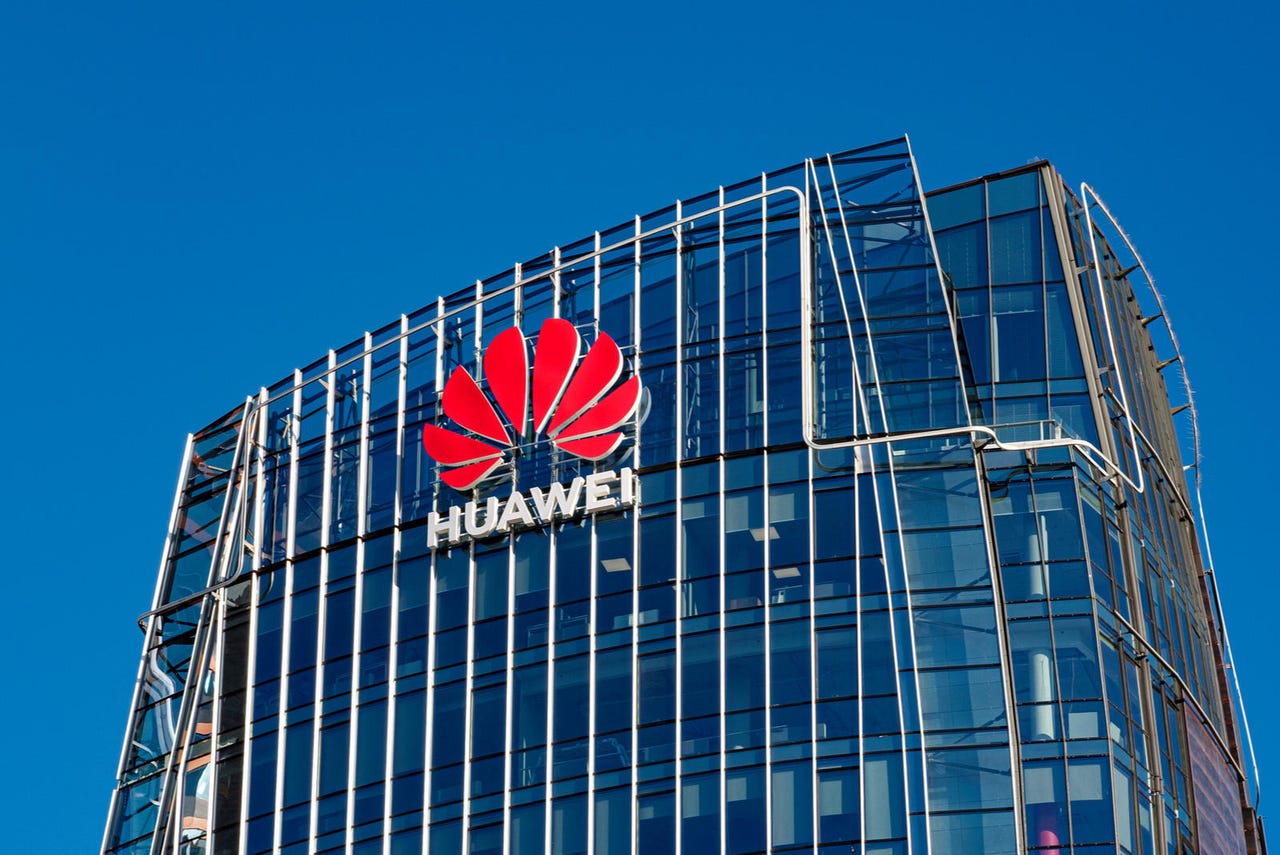US gives Huawei licence approval to buy automotive chips: Report


Huawei has reportedly received licence approval from the United States to buy chips for the auto component portion of its business.
Reported by Reuters, the United States has granted licences authorising suppliers to sell chips to Huawei for vehicle components, such as video screens and sensors.
The licence approval from the United States is a shift from its usual position in relation to Huawei. The Chinese technology giant was added to the US entity list in 2019, which banned US companies from selling goods and technology to the company without special licences from government.
The US then added further restrictions last year, banning overseas companies from selling chips to Huawei if they contained US equipment.
During this time, the US has also rallied other countries to exclude Huawei from their 5G networks over spying concerns.
Despite Huawei repeatedly denying the allegations, Australia, Sweden, the UK, among other countries have banned the networking equipment giant from their 5G networks. All of Canada's major telcos have also gone elsewhere for their 5G rollouts and, although not officially banned, Huawei has not made any inroads in New Zealand after GCSB prevented Spark from using Huawei kit in November 2018.
In the face of these restrictions, Huawei reported a steep decline in its first-half revenue for 2021, with its business to the end of June reporting 320 billion yuan in sales, compared to 454 billion yuan at this time last year.
Automotive manufacturers have struggled to produce cars since the pandemic started due to chip shortages, with some countries' car production being halved during that period. Ford, for example, lost around 700,00 vehicles that were planned for production in the second quarter of 2021, while General Motors has stated that losses caused by the lack of semiconductors could cost up to $2 billion in profit.
RELATED COVERAGE
- Huawei commits $100M to fuel APAC startups
- Huawei gets paid by Volkswagen supplier for 4G patent licences
- Huawei reveals 'cybersecurity framework' with launch of China transparency centre
- Ericsson warns it could lose out in China as Huawei reportedly shifts to software
- Huawei first quarter sales down 16.5% thanks to Honor sale